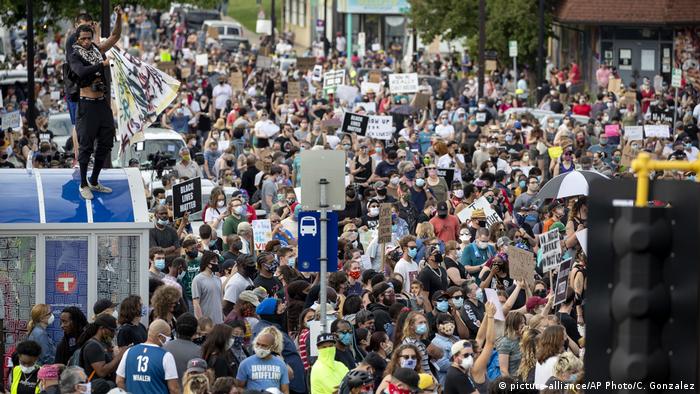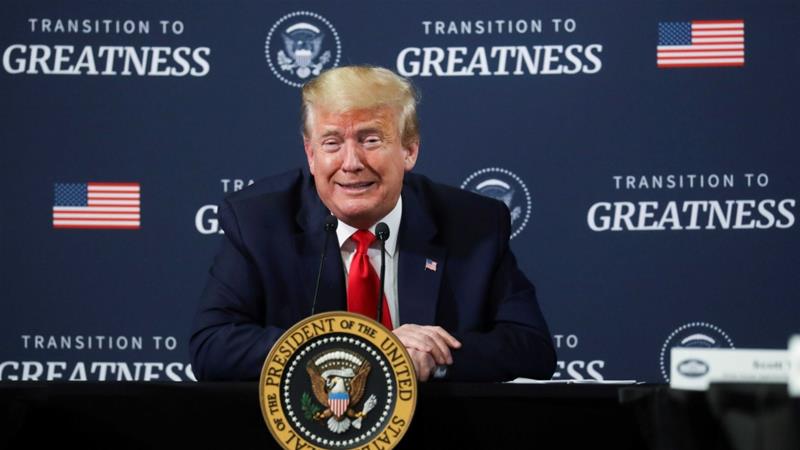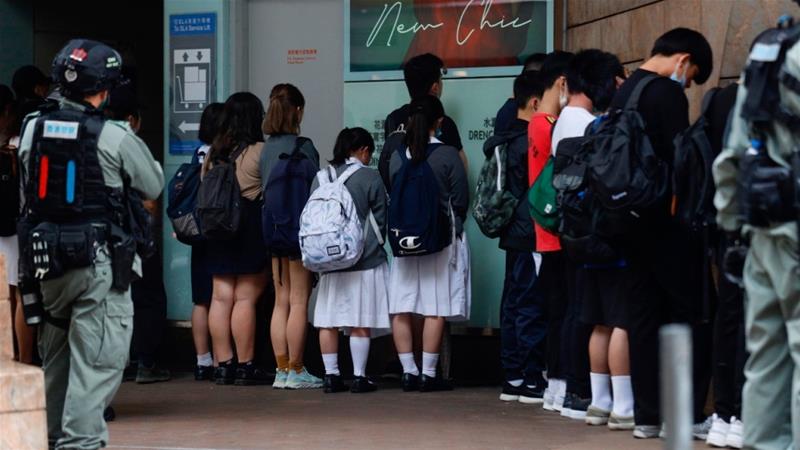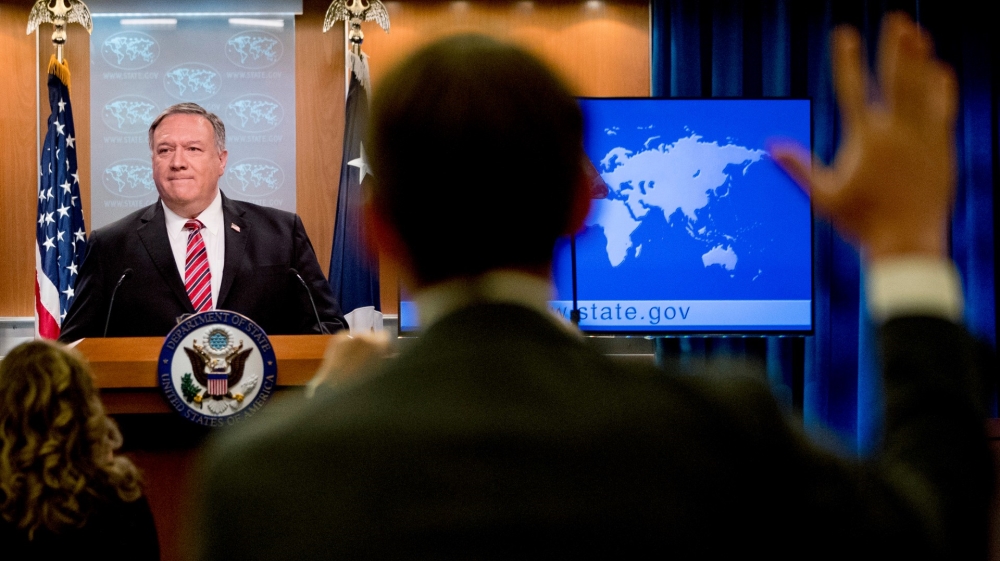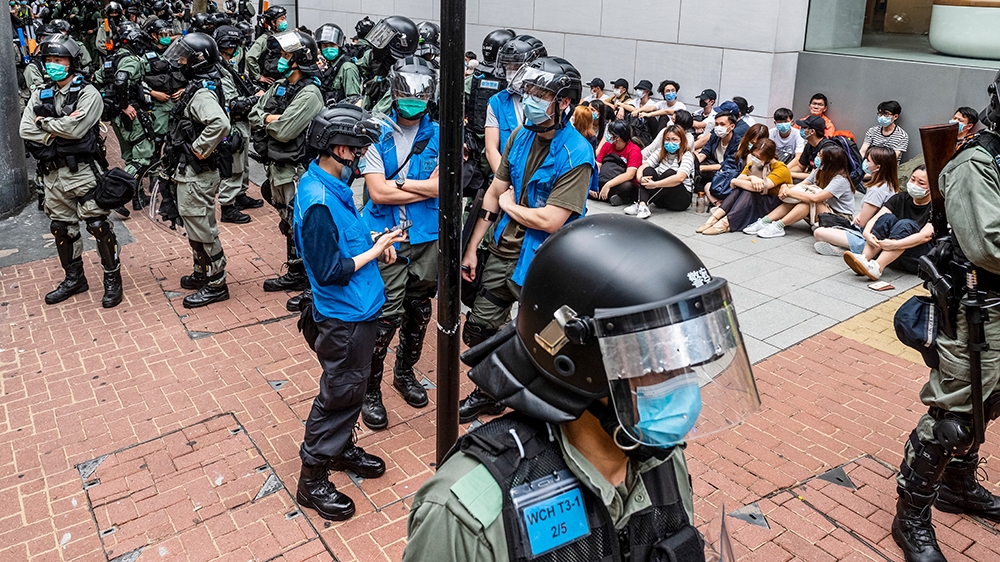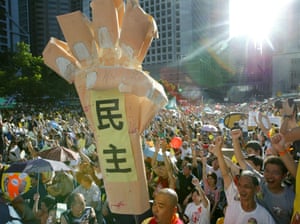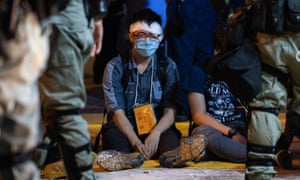The Enchantments of Mammon: How Capitalism Became the Religion of Modernity
https://www.amazon.ca/dp/B07TFB1WVG/ref=dp-kindle-redirect?_encoding=UTF8&btkr=1
Product description
Review
“McCarraher’s book is more brilliant, more capacious, and more entertaining, page by page, than his most ardent fans dared hope. The magnitude of his accomplishment―an account of American capitalism as a religion that begins in early modernity and extends to the present, an analysis that goes far beyond the loose versions of this argument we’ve seen before (Economists are like clergy! The Fed is like a church!) and rewrites American intellectual history as it does so―will stun even skeptical readers…It is a wonder, an enchantment on a world that has so forgotten itself as to think enchantments rare.”―Philip Christman, Christian Century
“Extraordinary…Like MacIntyre, McCarraher both recognizes and detests capitalism’s spoliations of creation and disintegration of communities, and casts a fond, forlorn eye toward the possibility of restoring a rationality of genuine human life…A majestic achievement. It will enjoy a long posterity…It is a work of great moral and spiritual intelligence, and one that invites contemplation about things we can’t afford not to care about deeply.”―David Bentley Hart, Commonweal
“[A] monumental labor of love…There have been marvelous studies of contemporary capitalism published in recent years…But this is an extraordinary work of intellectual history as well as a scholarly tour de force, a bracing polemic, and a work of Christian prophecy…It is beautifully written and a magnificent read…McCarraher challenges more than 200 years of post-Enlightenment assumptions about the way we live and work…This mammoth portrait of the religious longings at the heart of secular materialism carries a bleak message: 20th-century fantasies of the world as one global business have been realized…Refreshingly original and splendidly pulled off.”―The Observer
“One of the most impressive books I’ve ever read…The depth and range of McCarraher’s scholarship are incredible…A must-read for anyone serious about the mesmerizing power of capitalism.”―Mark Dunbar, The Humanist
“A vitally important book…It could have an impact similar to Alasdair MacIntyre’s After Virtue…Certainly it is a book people concerned about the state of the world and moral theology should be aware of…McCarraher…explains how capitalism has become the religion of the modern world…This detailed account of the idolatries of our age deserves wide readership and detailed examination.”―Frank Litton, Irish Catholic
“A genuine delight to read…[A] searing excoriation of economics as it is currently practiced…An extraordinary book…It is difficult to characterize this book as anything but a masterpiece for its synthesis of intellectual history, anticapitalist polemic, and Romantic imagination. There is a great deal to be gained from McCarraher’s arguments.”―Daniel Walden, Current Affairs
“The Enchantments of Mammon is a beautiful, stirring achievement. In a bold new synthesis ranging from early modern Europe to the contemporary United States, McCarraher challenges the received wisdom regarding the meanings of modernity and rationality, allowing us to look at familiar concepts in fresh and fruitful ways. This is truly a game-changer―the history of capitalism will never look the same again.”―Jackson Lears, author of Rebirth of a Nation
“With this book McCarraher aspires to nothing less than a history of the soul under capitalism. Far from living in a secular, disenchanted world, he argues, ours is a world of ‘misenchantment,’ in which longings for communion are perverted into a religion of plunder and technological control. Capitalism emerges here not as a system of market exchange or class domination but as an affront to the divine creation of which we are a part. An astonishing work of history and criticism.”―Casey Nelson Blake, author of The Arts of Democracy
“An intellectually ambitious, analytically insightful, engagingly well written, and unfashionably radical yet timely study of the relationship among capitalism, religion, society, and culture in the United States. McCarraher argues that modern capitalism has not been a secularizing movement from enchantment to disenchantment, but rather an alternative, competing form of enchantment. He is sharply critical of the underlying assumptions and damaging consequences of modern capitalism with its emphasis on extractive efficiency and profit-making. A powerful, impressive work.”―Brad Gregory, author of The Unintended Reformation
“A tour de force. McCarraher argues that capitalism is a successor faith, rather than a successor to faith. The capitalist faith in this telling is a heretical, blaspheming Black Mass of perverse sacramentality that sanctions domination by pretending to the status of immutable, impersonal laws of nature. In the world of economic enchantment masquerading as hard-eyed realism, McCarraher urges us to keep open an imaginative window through which to glimpse alternatives. His magnificent intellectual history recovers many such opportunities and invites us to appraise them with fresh eyes.”―Bethany Moreton, author of To Serve God and Wal-Mart
“Extraordinary…Like MacIntyre, McCarraher both recognizes and detests capitalism’s spoliations of creation and disintegration of communities, and casts a fond, forlorn eye toward the possibility of restoring a rationality of genuine human life…A majestic achievement. It will enjoy a long posterity…It is a work of great moral and spiritual intelligence, and one that invites contemplation about things we can’t afford not to care about deeply.”―David Bentley Hart, Commonweal
“[A] monumental labor of love…There have been marvelous studies of contemporary capitalism published in recent years…But this is an extraordinary work of intellectual history as well as a scholarly tour de force, a bracing polemic, and a work of Christian prophecy…It is beautifully written and a magnificent read…McCarraher challenges more than 200 years of post-Enlightenment assumptions about the way we live and work…This mammoth portrait of the religious longings at the heart of secular materialism carries a bleak message: 20th-century fantasies of the world as one global business have been realized…Refreshingly original and splendidly pulled off.”―The Observer
“One of the most impressive books I’ve ever read…The depth and range of McCarraher’s scholarship are incredible…A must-read for anyone serious about the mesmerizing power of capitalism.”―Mark Dunbar, The Humanist
“A vitally important book…It could have an impact similar to Alasdair MacIntyre’s After Virtue…Certainly it is a book people concerned about the state of the world and moral theology should be aware of…McCarraher…explains how capitalism has become the religion of the modern world…This detailed account of the idolatries of our age deserves wide readership and detailed examination.”―Frank Litton, Irish Catholic
“A genuine delight to read…[A] searing excoriation of economics as it is currently practiced…An extraordinary book…It is difficult to characterize this book as anything but a masterpiece for its synthesis of intellectual history, anticapitalist polemic, and Romantic imagination. There is a great deal to be gained from McCarraher’s arguments.”―Daniel Walden, Current Affairs
“The Enchantments of Mammon is a beautiful, stirring achievement. In a bold new synthesis ranging from early modern Europe to the contemporary United States, McCarraher challenges the received wisdom regarding the meanings of modernity and rationality, allowing us to look at familiar concepts in fresh and fruitful ways. This is truly a game-changer―the history of capitalism will never look the same again.”―Jackson Lears, author of Rebirth of a Nation
“With this book McCarraher aspires to nothing less than a history of the soul under capitalism. Far from living in a secular, disenchanted world, he argues, ours is a world of ‘misenchantment,’ in which longings for communion are perverted into a religion of plunder and technological control. Capitalism emerges here not as a system of market exchange or class domination but as an affront to the divine creation of which we are a part. An astonishing work of history and criticism.”―Casey Nelson Blake, author of The Arts of Democracy
“An intellectually ambitious, analytically insightful, engagingly well written, and unfashionably radical yet timely study of the relationship among capitalism, religion, society, and culture in the United States. McCarraher argues that modern capitalism has not been a secularizing movement from enchantment to disenchantment, but rather an alternative, competing form of enchantment. He is sharply critical of the underlying assumptions and damaging consequences of modern capitalism with its emphasis on extractive efficiency and profit-making. A powerful, impressive work.”―Brad Gregory, author of The Unintended Reformation
“A tour de force. McCarraher argues that capitalism is a successor faith, rather than a successor to faith. The capitalist faith in this telling is a heretical, blaspheming Black Mass of perverse sacramentality that sanctions domination by pretending to the status of immutable, impersonal laws of nature. In the world of economic enchantment masquerading as hard-eyed realism, McCarraher urges us to keep open an imaginative window through which to glimpse alternatives. His magnificent intellectual history recovers many such opportunities and invites us to appraise them with fresh eyes.”―Bethany Moreton, author of To Serve God and Wal-Mart
About the Author
Eugene McCarraher is Associate Professor of Humanities at Villanova University and the author of Christian Critics: Religion and the Impasse in Modern American Social Thought. He has written for Dissent and The Nation and contributes regularly to Commonweal, The Hedgehog Review, and Raritan. His work on The Enchantments of Mammon was supported by fellowships from the National Endowment for the Humanities and the American Council of Learned Societies.
![The Enchantments of Mammon: How Capitalism Became the Religion of Modernity by [Eugene McCarraher]](https://m.media-amazon.com/images/I/51bh29BbiAL.jpg)

